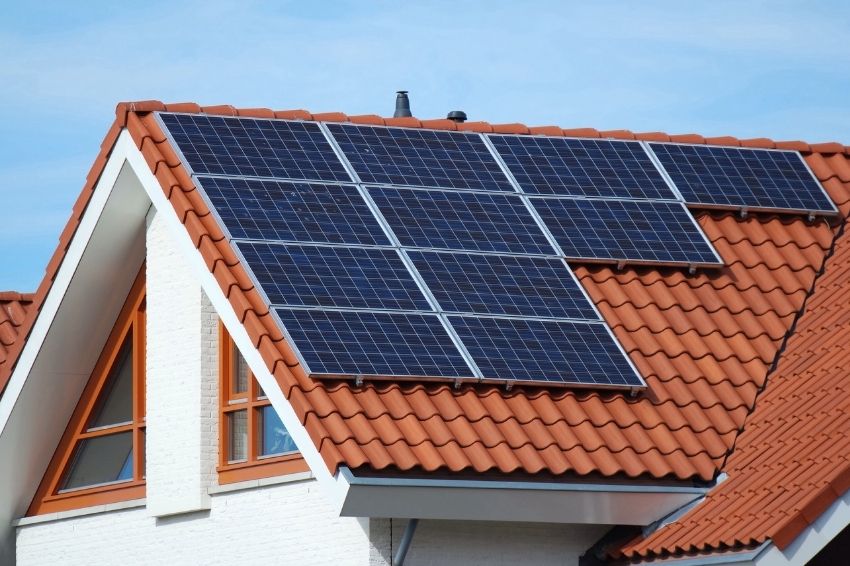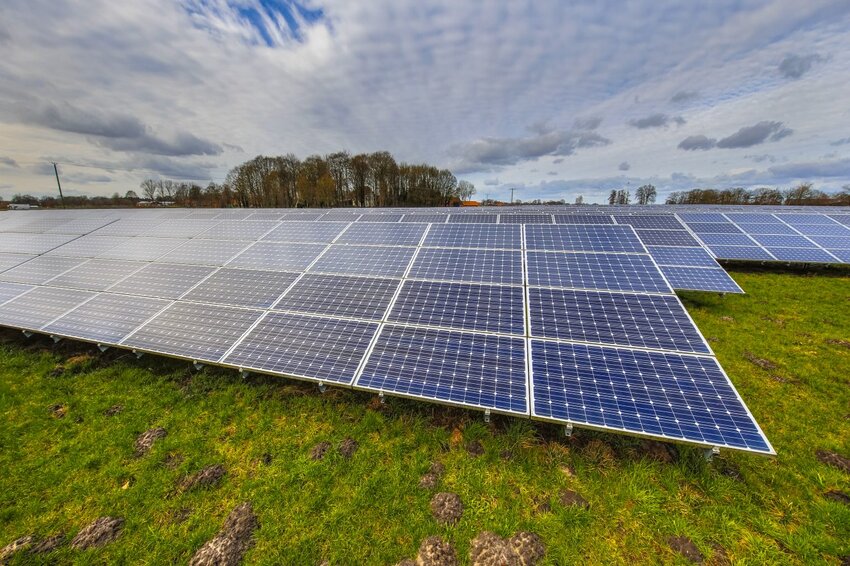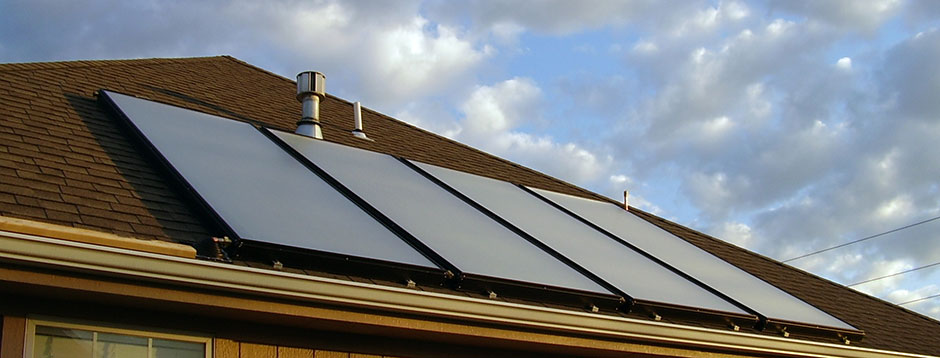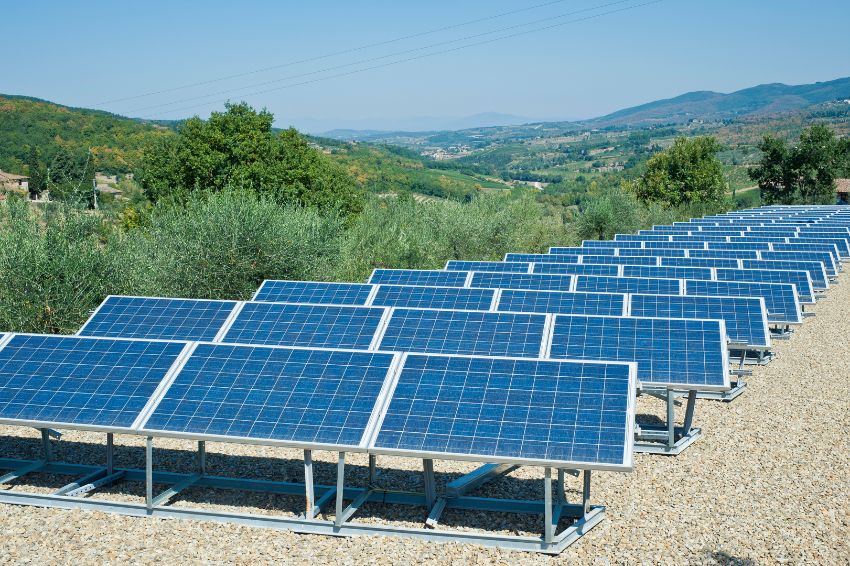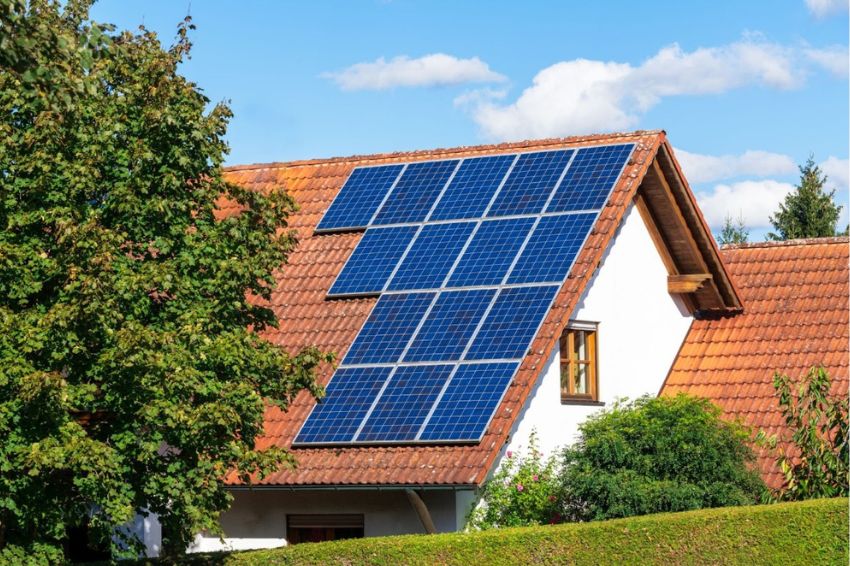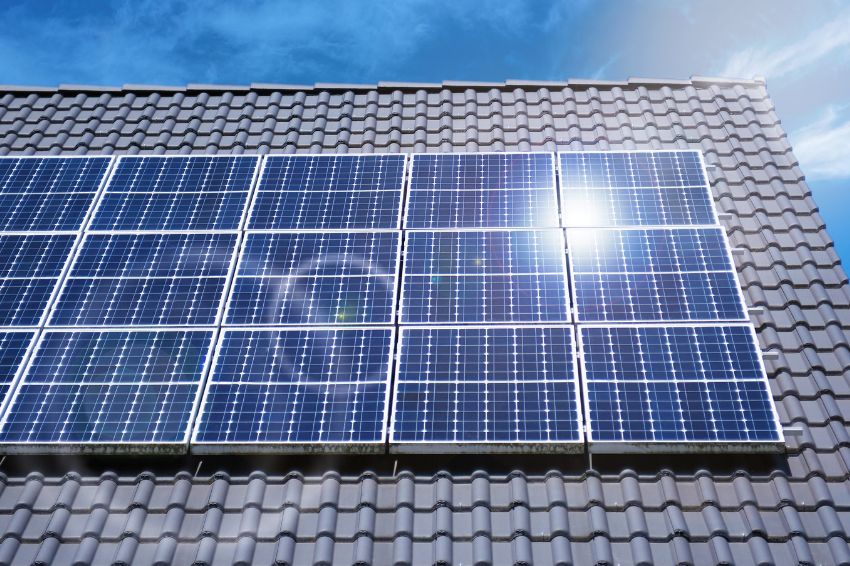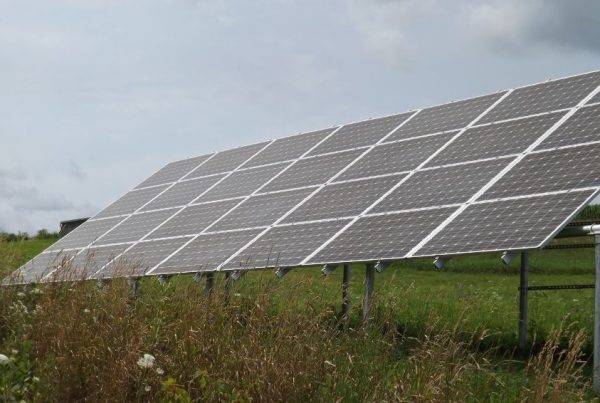A solar energy is a source of renewable energy from light and heat emitted by the sun and its capture can be done through various technologies, such as photovoltaic panels (modules), heliothermal plants and solar heaters.
Considered a clean alternative, as it causes little or no impact on the environment, just like hydraulic and wind energy, coming from non-limited resources (solar rays or wind currents), solar energy meets the global concern regarding sustainability, being one of the most promising for obtaining energy.
The possibility of producing energy through solar rays has reached a place of great prominence, due to the benefits that this new alternative offers consumers.
This energy source can be consumed and applied thermally or photovoltaically, generating thermal or electrical energy, respectively.
Photovoltaic solar energy
Photovoltaic solar energy is generated by direct conversion of solar radiation into electrical energy, carried out by photovoltaic cells produced from semiconductor materials.
When reflecting on the cells, sunlight causes the displacement of electrons from the conductive material, transporting them through the material until they are captured by an electric field (formed by a difference in electrical potential existing between the semiconductors), finally resulting in electricity.
photovoltaic solar system
O photovoltaic system depends on an energy storage system, due to the interruption of the availability of solar irradiance (instantaneous flow of radiant energy that falls on a surface, real or imaginary, per unit area).
Therefore, there are alternatives for storing photovoltaic solar energy generated at times of greater solar irradiance, ensuring its use at times when there is no sun, such as at night or on rainy days.
Composed of panels, modules and electrical equipment, the photovoltaic system does not require a high radiation environment for its operation.
This way of obtaining energy is one of the most promising currently. However, it has advantages and disadvantages regarding its use.
Benefits
- It is a completely renewable resource
- Does not pollute the environment
- Has minimal maintenance
Disadvantages
- High acquisition cost
- Cannot be used at night
- Low government incentive in Brazil
solar thermal energy
Solar thermal energy uses the solar heat for heating another medium, generally for heating water, and is applied to the production of hot water – for baths or industrial processes.
Since this energy is generated by solar radiation, on rainy days there is a risk of not having enough sun to generate the amount of hot water necessary for your purposes.
In situations like the one described above, solar heaters, which have an electric resistance or a gas heater, guarantee the ideal water temperature so that it is ready for use.
solar thermal system
Different from photovoltaic system which converts the sun's radiation into electrical energy, the solar thermal system absorbs the radiation and transforms it into thermal energy.
The transformation of the sun into thermal energy can also be carried out by modules and, depending on the purpose of heating, it is possible to replace conventional cells with collectors (plates).
The panels are generally dyed in a dark tone to enhance solar absorption.
The heat generated is captured by a liquid present in the plates and directed through tubes to the thermal reservoir or boiler (thermal water reservoir that preserves its temperature).
Benefits
- Easy and quick installation
- It uses natural gas as a less polluting form of consumption
- It can be used in thermal plants in different ways, such as: sugar cane bagasse and cereal husks
Disadvantages
- Burning of petroleum products
- Impact on river water heating
- High spending on the purchase of fossil fuels


